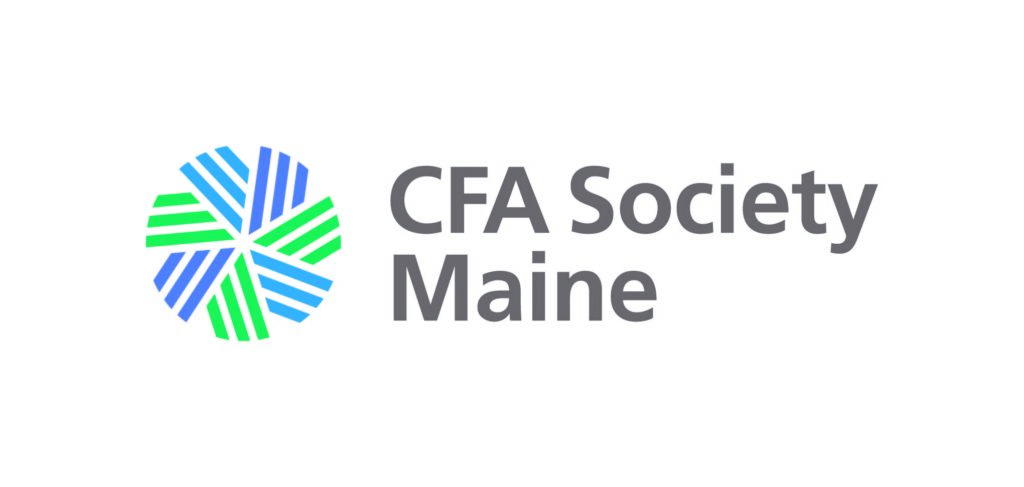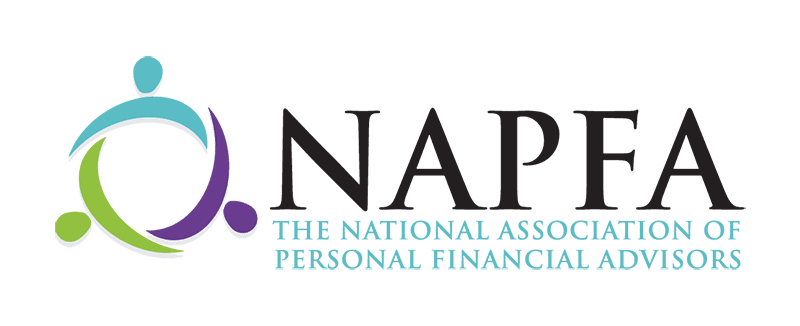November 15, 2019
How to know when it’s time to work with a Financial Planner
 There’s plenty of conventional wisdom out there (and Google search results) surrounding the question of “When is it time to work with a Financial Planner?”
There’s plenty of conventional wisdom out there (and Google search results) surrounding the question of “When is it time to work with a Financial Planner?”
This week, we’ll touch briefly on the ‘usuals’. These are the things that any newspaper, magazine or uncle tackling the question will tend to provide as advice when this question arises. After that, though, I’ll add some that aren’t as well-documented, but many of which I’ve encountered when finding out how people make the decision to hire a partner in their financial lives.
First, THE USUALS:
- Just Married! / Getting Married!
Obviously, a big life-transition. Finding someone both of you can work well with can help the transition from ‘Planning for Me’ to ‘Planning for US.’ - Just Divorced! / Getting Divorced!
Here’s another big transition in life. Working with an advisor can help to make the ‘US to ME’ move. Many times, one spouse has handled the finances more directly, while the other one may not have been so involved. Both, especially the one less familiar with the ins-and-outs of the daily finances, could use some help through this period. - Having a Kid.
Here’s a huge expense. Longer-term education savings and shorter term budget changes that come with having a new member of the family can be made easier when working with an advisor. - Job Change.
In addition to what might be a change in income, changing jobs produces questions about new benefits programs and what to do with retirement assets from the prior employer. Tends to be a big impetus for reaching out for help.
- Inheritance.
Often, this is the first time people are of the opinion that they have adequate wealth to work with an advisor. Sudden wealth, coupled with the emotional components brought on by the loss of a loved one, create an environment where an advisor can add value and comfort. - Retirement.
How to transition from living off a paycheck to living off assets and retirement income is something few feel fully prepared to tackle. It’s not surprising that this is one of the biggest triggering points for someone to reach out to an advisor for help.
Now, for my list of additional things that could be considered worthy impetus to reach out…
- You just received a surprise tax bill.
Nothing is quite a stressful as finding the bad news in your mailbox that the IRS has examined your tax return and is looking for more money. Now, to be clear, most advisors (present company included) are NOT CPAs and do NOT file your taxes for you. However, a good financial advisor will be able to help you to identify potential problem areas in your tax planning before they become unpleasant surprises down the road. It’s not that a good tax person can’t do this as well, but tax accountants do exactly what their name implies – they account for what has already happened! Some will help plan for the future, especially if they are themselves financial planners, but I’ve found this to be the exception to the rule. - You just found an account you forgot you had.
This happens a lot more than you might think. Someone I’ve been working with for many years will suddenly find an account – maybe a retirement account from an employer way in the past, or just a savings account they started when they were young and just got informed about it on a ‘lost/abandoned property’ notice. One of the benefits of working with an advisor is that everything is accounted for and tracked, so that nothing goes under the radar. If you’re coming across assets you’ve forgotten about, it’s probably true that these assets are not being managed effectively and that can hurt outcomes in the long run. If you find an account you didn’t know you had, celebrate briefly, and pick up the phone to set an appointment with a good fiduciary who can help you to organize better. - You feel like you’re drowning in alphabet soup.
Should you use an HSA or a FSA? An IRA or a TDA? Are your RMDs up to date? Should you be using a DAF or a QCD to exact tax benefits from your charitable giving? Each industry seems to have its fair share of acronyms and abbreviations, seemingly a secret way that people in the industry can communicate with their ‘own kind’. The problem here is that all of those I mentioned can have a significant amount of impact on your tax situation. Unless you spend serious amounts of time in the tax code or digesting financial planning textbooks, it’s unlikely you know all of the acronyms, let alone which ones are easily ignored vs. which ones are vital to your financial picture. Bring this to someone who lives in this alphabet soup, and can help you to navigate it. - It’s “open-enrollment” time.
If you work for an employer, your employer’s benefits are likely a treasure trove of good planning tools. Using them wisely is hugely important, but most employers stay at an ‘arms length’ when it comes to providing advice on benefits. Lots of liability exists if they give the wrong advice, and they’d be taking on a ‘fiduciary’ liability if they did much more than make the benefits available. Why not engage someone who actually IS a fiduciary, and who will go to bat for you, likely with a good foundational knowledge around the ‘ins and outs’ of employer benefit plans? Certified Financial Planner Practitioners have training in a wide range of employer plan benefits, and they work as fiduciaries 100 percent of the time when providing financial planning. - It’s a day that happens to end in ‘y’.
Perhaps easier than trying to pick out an event or crisis that calls for engaging a planner, you consider that the correct time is usually NOW. Lots of money or no money at all, good at budgets or a cashflow disaster… doesn’t matter. Even if you disregard the fact that thigs like good diversification, asset allocation, asset location and cost management can save an investor many times what they pay an advisor. Even if you completely ignore the fact that a financial advisor can justify their cost many times over by preventing big mistakes like panic selling into a down market or missing big tax break opportunities. Even if CFP Professionals help to reduce legal and accounting fees by better preparing you to work with attorneys and CPAs more efficiently…Studies show, quite frankly, people who work with a financial advisor are MORE HAPPY than those that don’t. A recent survey conducted by Business Insider found that 66 percent of survey respondents said they feel financially secure, compared with 30% of those who didn’t pay for professional help.[1] With more firms, including PFA, making quality financial planning services available at a reasonable price point for everyone (with or without investment assets), it may well be that you no longer need a life event to reach out!
[1] https://www.businessinsider.com/financial-advisor-worth-the-cost-for-money-advice-2019-7



